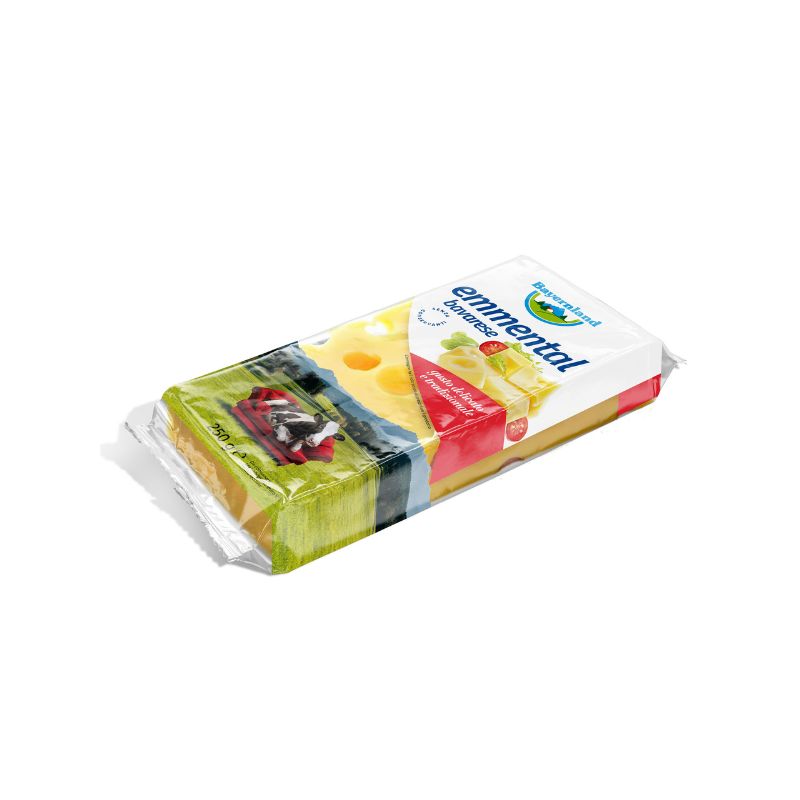Attention

Description
Bavarian Emmental 250g is a hard cheese originating from the Bavaria region in Germany. Its history is ancient, dating back to when the monks of the Emmental Abbey began producing this cheese for their meals. Today, it is one of the most popular cheeses in the world, thanks to its soft texture and delicate flavor. Bavarian Emmental 250g is characterized by its large holes, or eyes, present in the cheese, which form during the fermentation process. The cheese is pale yellow in color, with a hard and smooth rind. Its taste is sweet and slightly nutty, with a delicate and persistent aroma. Excellent to enjoy as an appetizer or as an ingredient in many recipes, Bavarian Emmental 250g is a versatile cheese appreciated worldwide. Pairings: As a chef, I suggest pairing Bavarian Emmental with a dry white wine like Riesling or Pinot Grigio. In the kitchen, Bavarian Emmental can be used in many recipes, such as: 1. Fondue: melt Bavarian Emmental in a pot with white wine and serve with toasted bread or vegetables. 2. Salad: cut Bavarian Emmental into cubes and add it to a mixed salad with walnuts and apples. 3. Sandwiches: use Bavarian Emmental as cheese for a sandwich with cooked ham and tomato. 4. Quiche: add Bavarian Emmental to a quiche with spinach and bacon. 5. Pasta: use grated Bavarian Emmental as a topping for pasta with mushrooms and cream. Storage: Store in the refrigerator Other: Energy value: 1,413 kJ / 339 kcal Fats: 26 g of which saturated fatty acids: 17 g Carbohydrates: 0.1 g of which sugars: 0.1 g Proteins: 27 g Salt: 1.6 g
Ingredients
Nutritional Analysis
Attention
Macronutrients (100 gr)
| Energy (kcal) | 339 |
| Carbohydrates (g) | 0.1 |
| of which Sugars (g) | 0.1 |
| Fat (g) | 26 |
| of which Saturates (g) | 17 |
| Protein (g) | 27 |
| Sale (g) | 1.6 |
Nutritional Analysis
- Proteins27g·51%
- Carbohydrates0.1g·0%
- Fats26g·49%
- Fibers0g·0%
